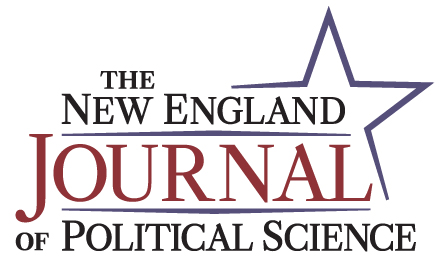New England Journal of Political Science

Abstract
In the new age of fast-paced digital news, the primary platform for political discourse has evolved from the static town square to an ever-expanding, broadly accessible, and immediately available forum of global proportions. As traditional publishers scramble to adapt to this shift, social networking platforms like Twitter and Meta (“Facebook”) have become harbors of unverified, even dangerous, information. This position has prompted the creation of “fact-checkers,” which attempt to identify and block information deemed subjectively inappropriate from disseminating into the public. Other industry leaders, like Google, have adopted a similar policy of censoring information and choosing market winners, through the biased filtering of search engine results available to their users. These “safeguards” have been criticized as empowering private organizations to curtail unwanted—not merely inaccurate—speech, begging the question of private versus public rights as it relates to the obligation of the law to interfere and protect freedoms of expression and speech. Analyzing this dichotomy calls on the Court to reconsider decades of precedent as it relates to private monopolies and its rudimentary definition of common carriage. In so doing, we conclude that a sufficient public rights infringement exists such that the government has an obligation to affirmatively impose restrictions on the censorship rights of monopolistic digital platforms for the purpose of preserving the collective freedom of thought and open channels of debate necessary to a thriving democracy.
Recommended Citation
Valdés, Emily A. Middleton
(2023)
"Imperative Protection or Veiled Persecution? Balancing §230 Immunity and the First Amendment in the Censorship of Social Media,"
New England Journal of Political Science: Vol. 13:
No.
1, Article 5.
Available at:
https://digitalcommons.library.umaine.edu/nejps/vol13/iss1/5

